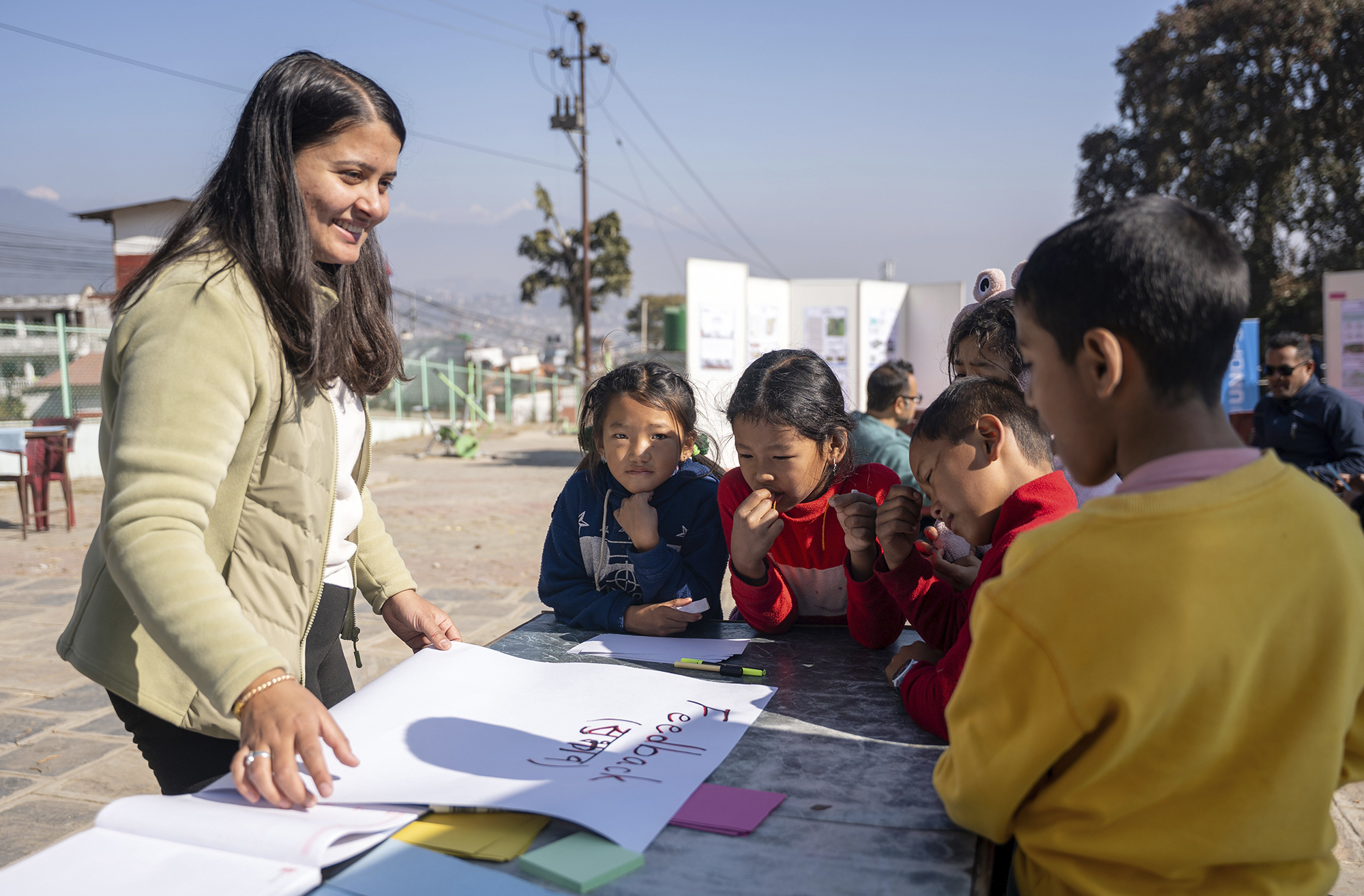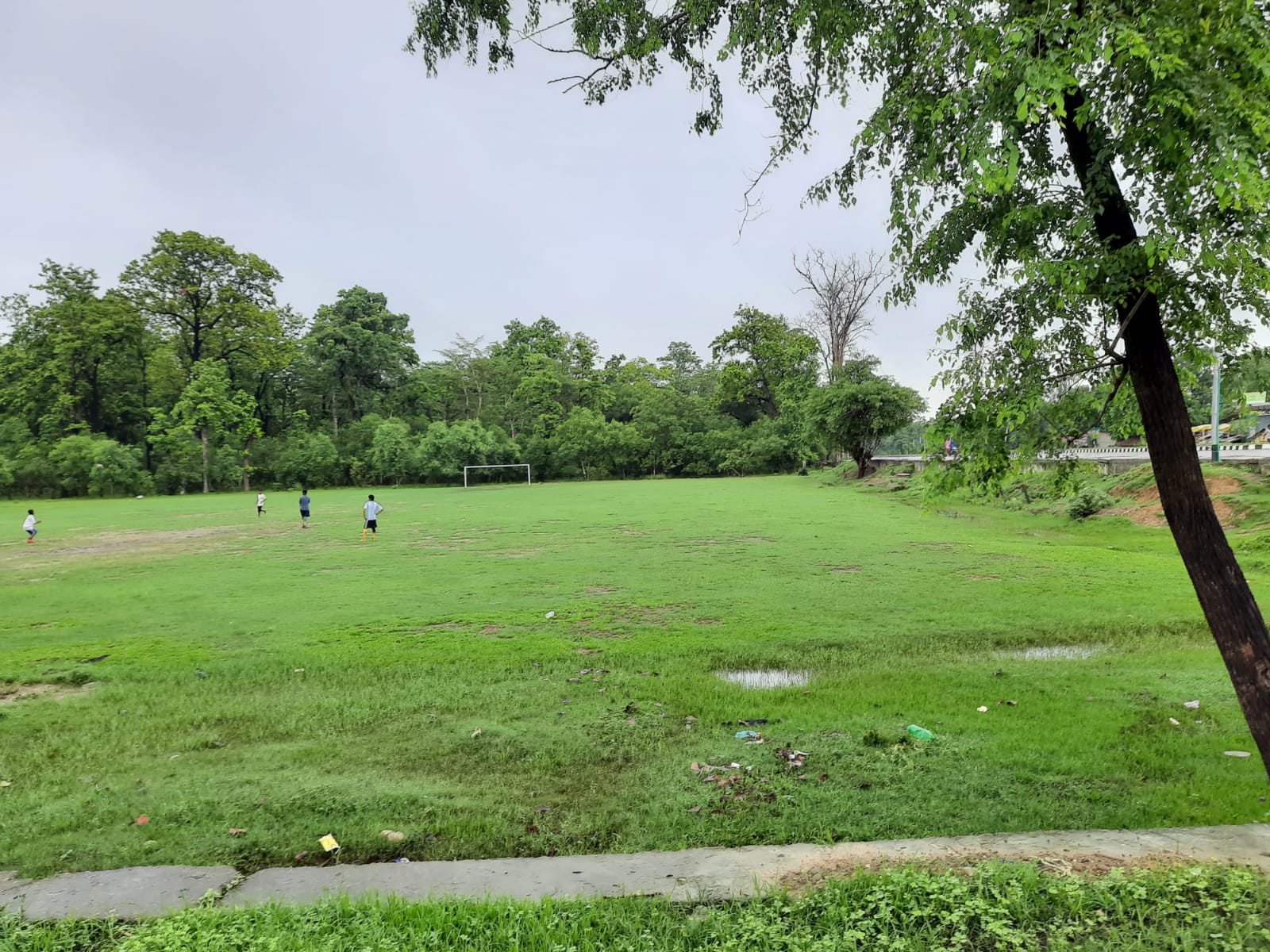[5 September 2016] - In 2014 the Cities Alliance, a global partnership promoting the role of cities in sustainable development, adopted an Africa Strategy to both strengthen and focus its work on the continent. With initial funding from German Cooperation (BMZ), the Strategy aimed to: i) take on challenges facing many government and development partners due to rapid urban growth ii) identify initiatives that would help better manage Africa’s urban transition, and, iii) increase impacts through the improved alignment of Cities Alliance members’ work.
As part of this Strategy, the Cities Alliance is convening a Workshop in Accra, Ghana, from 14 to 16 September 2016. Drawing on the experience of the Cities Alliance portfolio in Africa, the workshop aims to provide a platform for Cities Alliance members and partners to share lessons learned, debate key issues and inform future action in support of cities and the urban transition in Africa. This will inform the Cities Alliance and its members in contributing to the implementation of Agenda 2030 in general, and SDG 11 in particular, as well as the Paris Agreement.
Over the past seven years, Cities Alliance members have been implementing the Land, Services and Citizenship Programme, a flagship initiative focused on promoting longer-term, programmatic approaches to addressing urban development, around which Cities Alliance Country Programmes have been designed and implemented. Financed with a transformative $15m grant from the Bill & Melinda Gates Foundation, the programme subsequently served as the chosen platform for Future Cities Africa, with financial support from DFID (UK).
Future Cities Africa is a programme that aims to make cities work for the poor, with a focus on resilience and inclusive economic growth. It has engaged twenty-one cities in Ethiopia, Ghana, Mozambique and Uganda to anticipate and minimize future challenges in terms of climate, environment and natural resources – giving them the tools to future proof themselves to become more inclusive, resilient and with growing economies. In pursuit of its objectives the programme has developed a normative framework to build a detailed diagnostic of African cities across a range of city typologies. It has also commissioned a number of research-studies and developed toolkits that respond to the key questions emerging from the diagnostics and extensive stakeholder engagements.
These two programmes have provided an extensive operational and analytical basis for the Africa Strategy, and which the workshop aims to bring together. Its objectives are as follows:
· To present new research, innovative issues and policy findings;
· To validate results from the Cities Alliance’s work programme in Africa; and
· To identify the most appropriate mechanisms and partners for sustained engagement, and follow-up investments.
The workshop will comprise delegations from current Cities Alliance Country Programmes in Burkina Faso, Ethiopia, Ghana, Liberia, Mozambique, Tunisia and Uganda; the research and professional teams engaged in the Future Cities Africa Programme; members of the Africa Think Tank which the Cities Alliance established in 2015 to provide strategic guidance; and a range of invited development partners. The workshop is organised in coordination with Ghana Ministry of Local Government and Rural Development (MLGRD)




